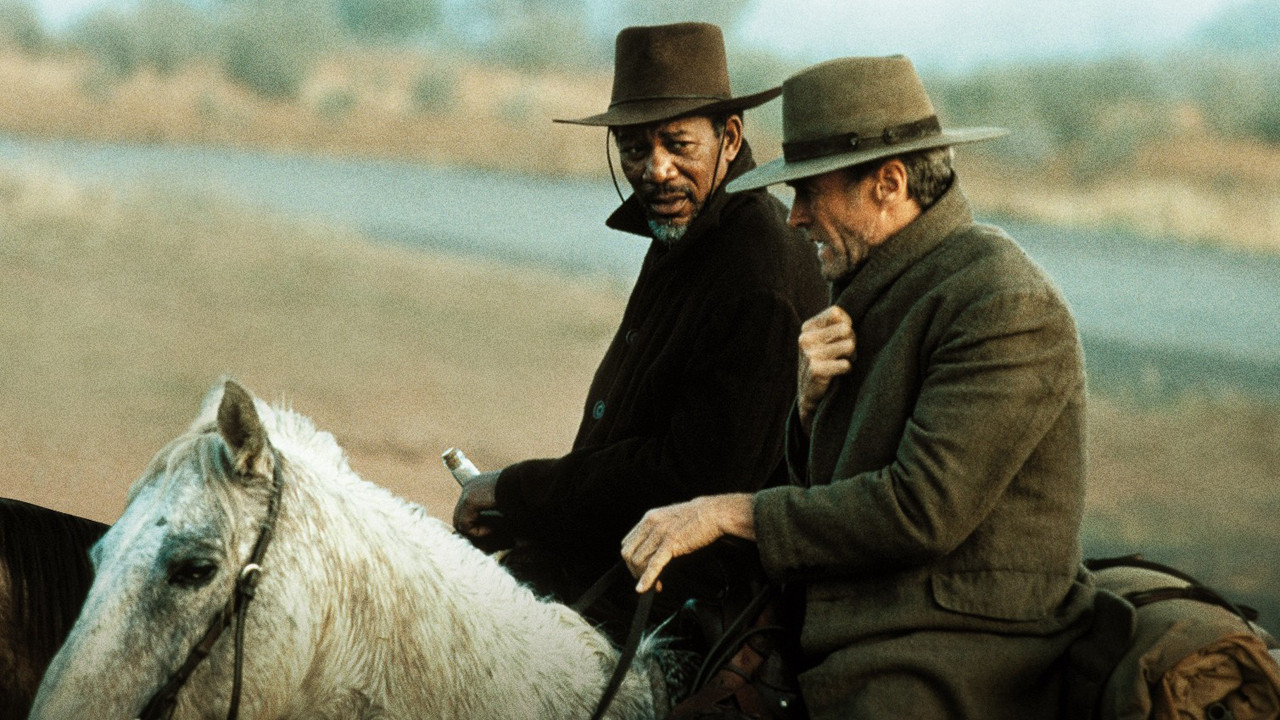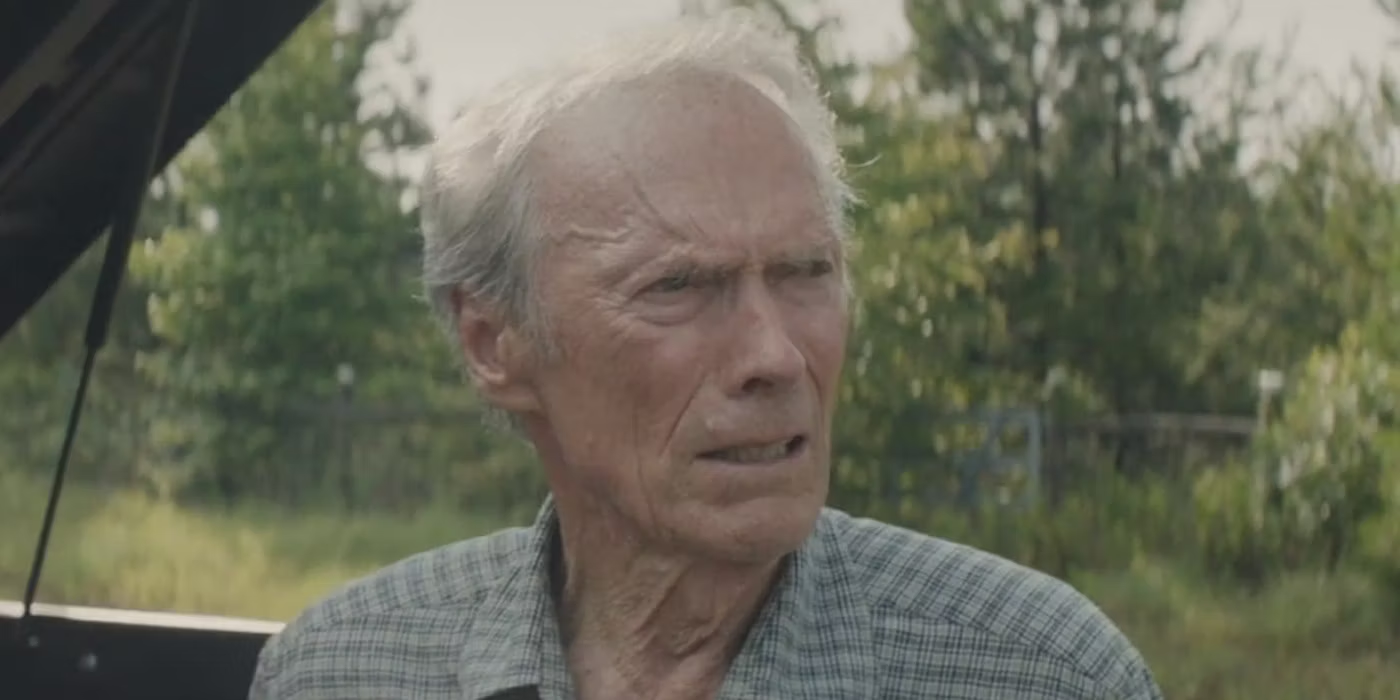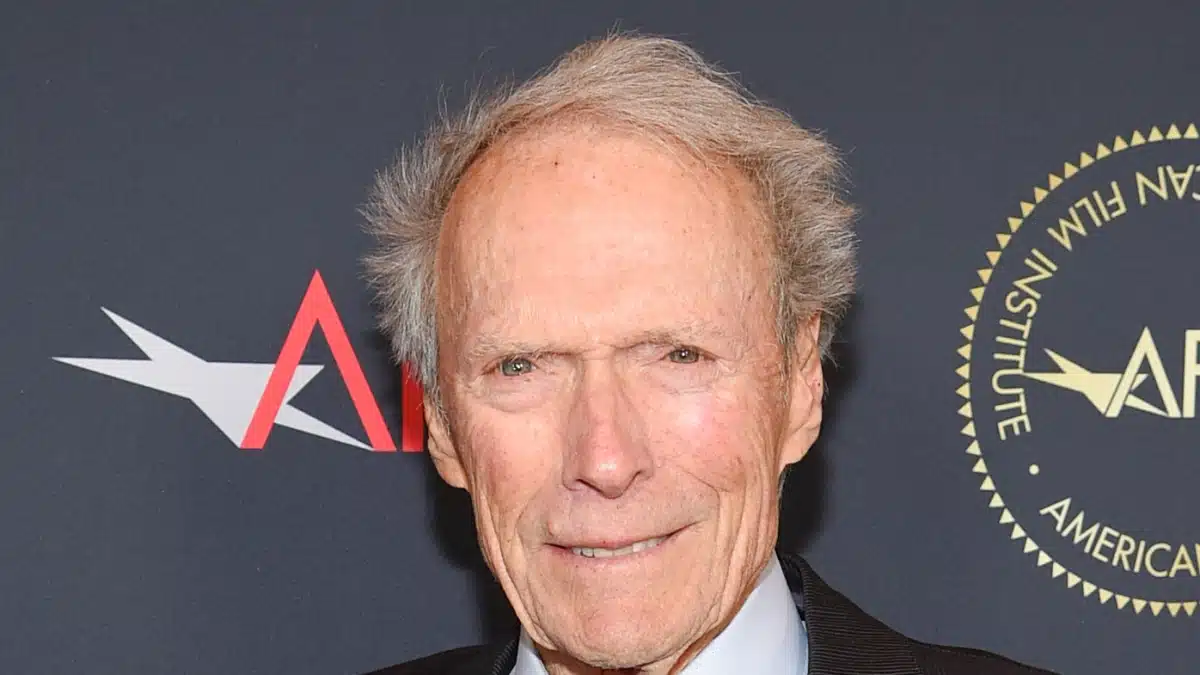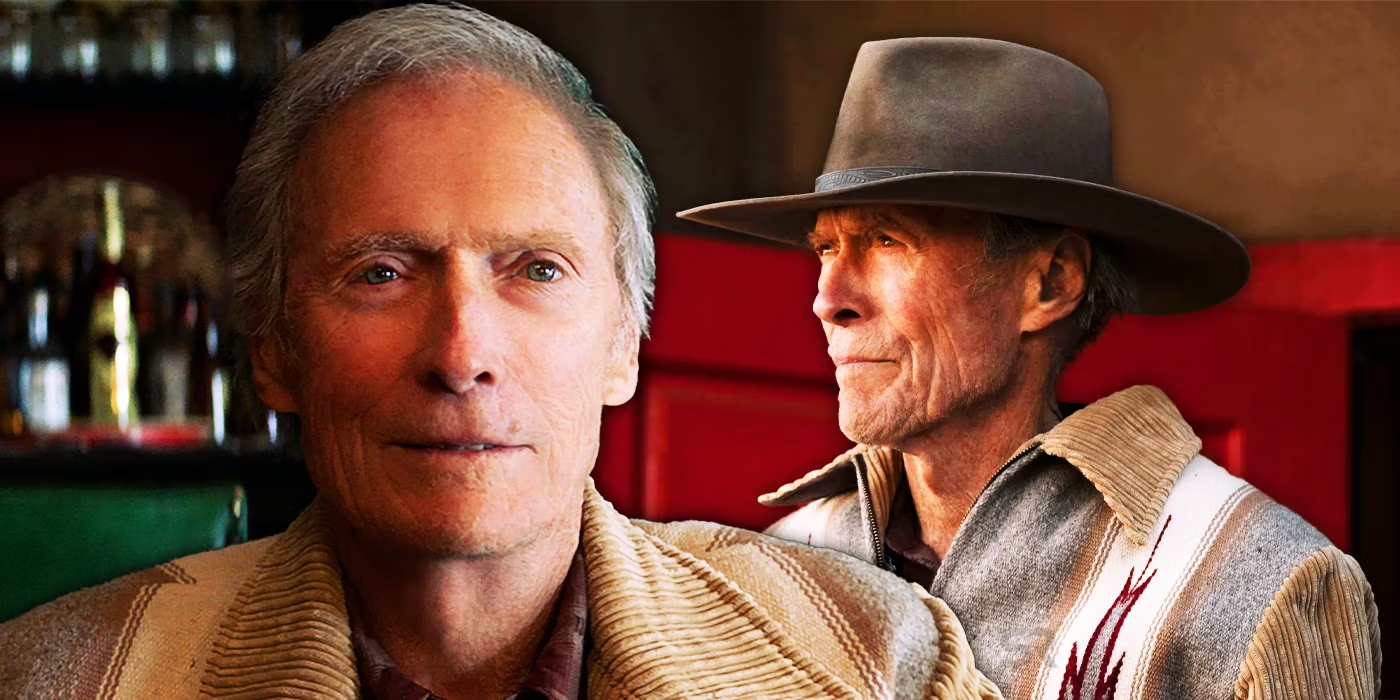In the realm of film, few creators possess the audacity and wisdom to let a potential masterpiece marinate over a decade before bringing it to the big screen. Clint Eastwood, a luminary in the Hollywood landscape, did exactly that with his seminal work, ‘Unforgiven’. This decision not only challenged the conventions of Western cinema but also enhanced the depth and maturity of its narrative, turning it into a cult classic.
Eastwood, known for his iconic roles in Westerns like ‘The Good, The Bad and The Ugly’, and ‘High Plains Drifter’, took a dramatic turn with ‘Unforgiven’. The film, which clinched both Best Picture and Best Director at the Oscars, is celebrated not just for its storyline about an aging outlaw on one last mission, but for its philosophical depth and the subversion of traditional Western tropes. Eastwood’s portrayal of a morally ambiguous protagonist marked a significant departure from the black-and-white morality that typified the genre. “I guess that’s why when I got [the script for] ‘Unforgiven’ in the early ’80s I put it in a drawer for 10 years, I’d done a bunch of Westerns, I thought I should do some other things first.” – Clint Eastwood

This thoughtful pause allowed him to approach the script with a fresh perspective, ultimately enriching the film’s narrative complexity.
Clint Eastwood’s Musical Choices: Beyond Pop
Apart from his groundbreaking narratives, Eastwood’s distinct approach to the musical ambiance of his films further sets him apart. Despite the popularity of integrating pop music into film soundtracks during his career, Eastwood maintained a clear preference for jazz and blues, genres that he felt more authentically supported the storytelling in his films. “If the movie is so bad you need to spruce it up, sometimes they throw in a hundred pop songs and hope the record will push the whole thing over the top.” – Clint Eastwood
His philosophy underscores a commitment to ensuring that every element within his films serves to enhance the overall narrative.

Conclusion: Eastwood’s Enduring Legacy
Clint Eastwood’s deliberate pacing in his career decisions, whether it be waiting a decade to develop ‘Unforgiven’ or choosing music that complements rather than overshadows his film’s narratives, highlights his unique stance as a filmmaker. His ability to blend traditional elements with innovative storytelling continues to resonate, making his work a benchmark in the evolution of Hollywood cinema.

Eastwood’s journey reflects a profound understanding of the artistic and temporal dimensions of filmmaking, proving that true artistry often requires patience and foresight. His legacy is not just in the films he has made but in the thoughtful approach he has taken to every aspect of cinema, from script to screen.
